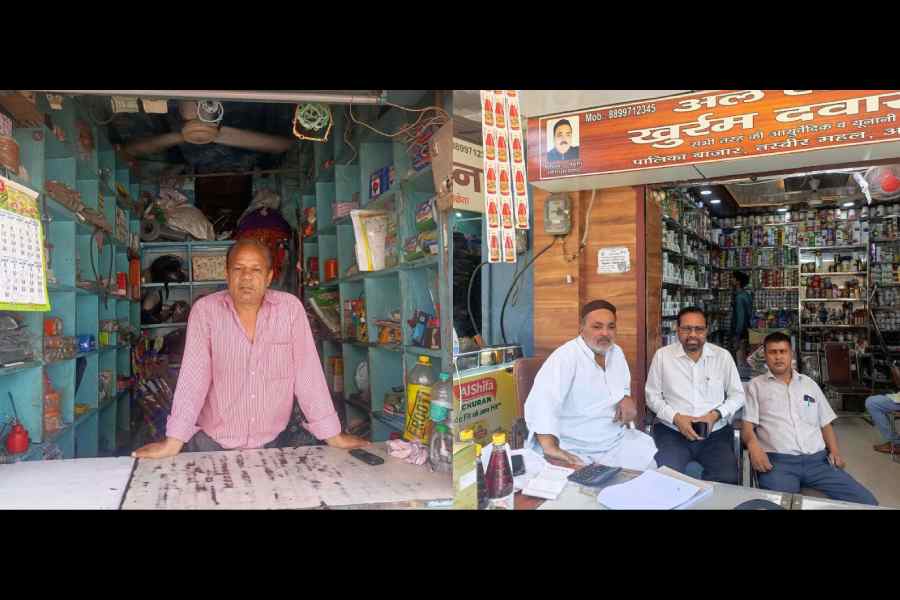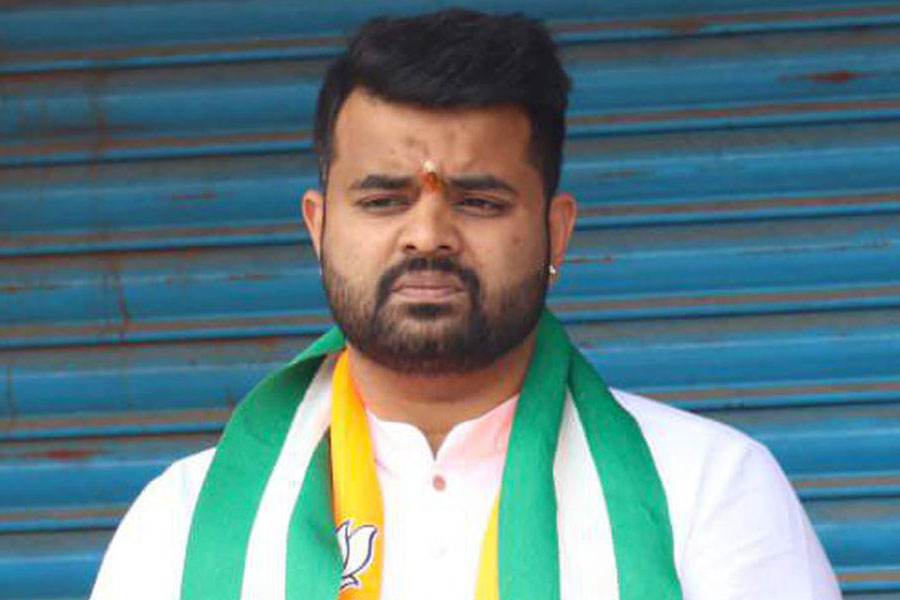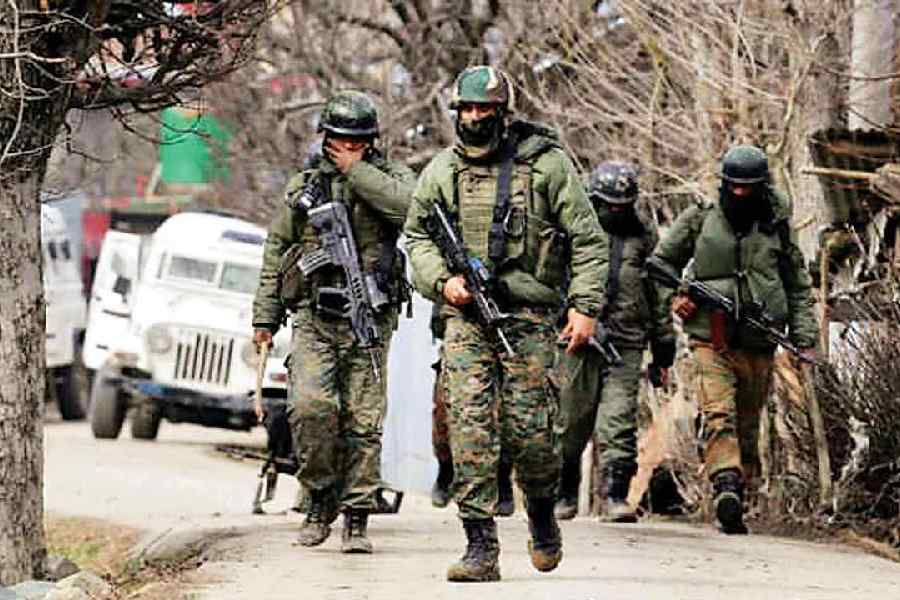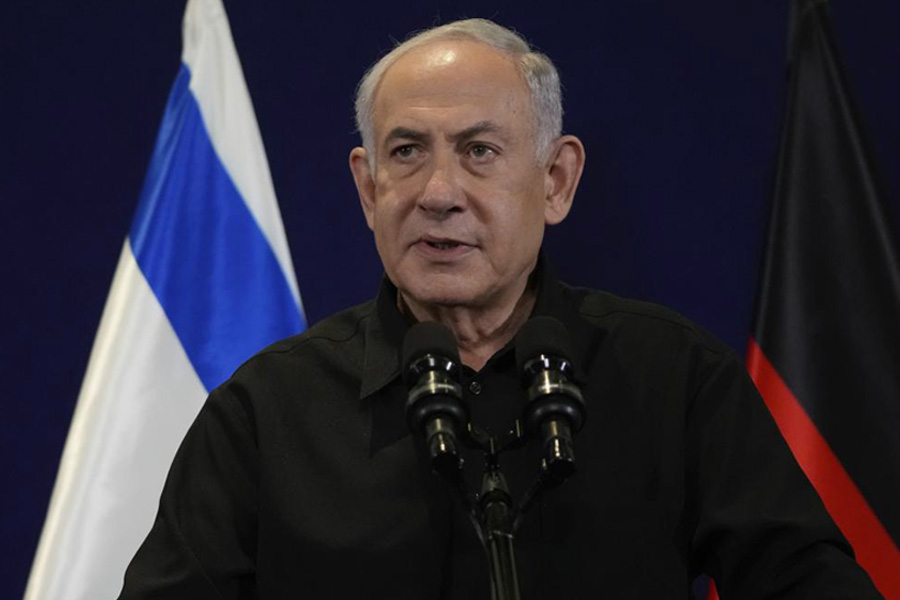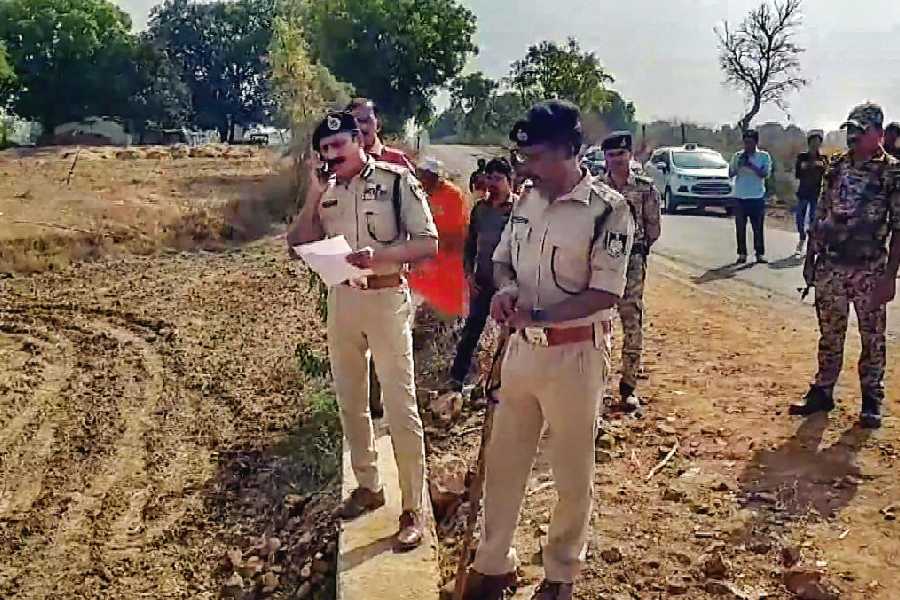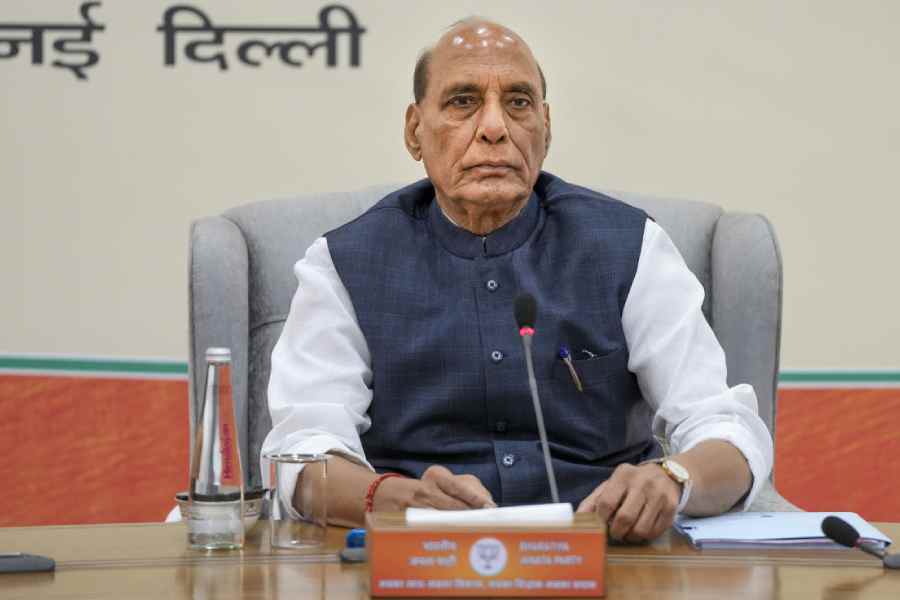They were next-door neighbours and best friends since childhood. But Manipal Yadav and Khurram have now become strangers.
Between the two Lok Sabha elections of 2014 and 2019, the divisive pressures of politics pulled their friendship apart and pulverised interfaith harmony in Aligarh town. Now they live in two separate enclaves, 2km from each other.
“Yahi sabse bada vikas kiya hai Modiji ne das saal mein (This is the biggest development Modiji has brought about in 10 years),” Yadav said.
“Earlier, we participated in each other’s festivals and shared our moments of grief. But the bonds of decades disappeared soon after the BJP came to power in 2014. Now we have stopped talking and become strangers.”
Yadav sells automobile parts while Khurram owns a Unani medicine store in this town, famous for its lock industry and located about 130km from Delhi.
Aligarh has a Muslim population of over 40 per cent and is home to Aligarh Muslim University (AMU).
Yadav recalled how his family and Khurram’s shared meals and celebrated Holi and Id together for years.
“All that stopped and the divisive pulls tore us apart. The gulf has only widened. We are all victims of hate politics,” said Yadav, who was an ardent fan of Prime Minister Narendra Modi till 2019.
“I have now become his biggest critic,” he said.
Khurram dates the change in the two families’ ties from Modi’s election victory in May 2014, and blames it on the anti-Muslim rhetoric spouted by BJP leaders. Till 2019, he lived in a single-storey house, next to Yadav’s, in a Hindu-majority neighbourhood.
“Soon after the 2014 poll results, our neighbours stopped talking to us. They began mouthing religious slurs against the Muslim community,” he said.
“Supporters of the BJP-RSS held meetings frequently in the area, delivering hate speeches against the minority community. We kept ignoring it until it became too much to bear. In 2019, I decided to move to a nearby Muslim neighbourhood,” he added with a touch of sadness in his voice.
Sitting in his shop with his Muslim friends, Khurram said that Aligarh today presented a completely contrasting picture from the town of his childhood days.
“The ties between the two communities were based on cultural affinity and economic interdependence. This town has now fallen victim to hate politics, forcing Hindus and Muslims living in mixed neighbourhoods to move to exclusively Hindu or Muslim localities. The town has been completely divided into Hindu and Muslim enclaves,” Khurram said.
A three-cornered fight is unfolding in Aligarh, which votes on April 26. The BJP has fielded its sitting MP, Satish Gautam; the INDIA bloc has nominated Bijendra Singh from the Samajwadi Party, and the BSP has fielded Bunty Upadhyay.
Complaints against the GST rates, inflation and unemployment are a common refrain on the ground in Aligarh town. In the rural areas, where agriculture is a primary occupation, farmers voice concern about the difficulties of obtaining the minimum support price for their produce, about the stray-cattle problem and the rising costs of fertilisers and urea.
Standing outside Aligarh railway station, Arjun, a coolie, said: “It’s the biggest misfortune of this country that the Prime Minister says in his speeches that he will provide free rations to 80 crore people for the next five years.”
Arjun, a Dalit, added: “What happened to his tall claims about ushering in development? He should have said that he would provide jobs and eliminate poverty so that people did not need free rations to survive.”
He rued: “Desh ko bhikhari bana diya hai (He has turned India into a country of beggars). Bhaichara bhi ab nahi hai (Even fraternity is lost now).”
Amit Pandey, who owns a book shop, said the Modi government’s foreign policy was commendable.
“He’s certain to come back to power, but with lower numbers. The price rise and unemployment among the youth are the two big issues that Modi needs to address urgently,” he said.
Pandey said upper caste Hindus and non-Yadavs among the backward castes were still rooting for Modi.
“But it’s true that there is no Modi wave, unlike 2014 and 2019, and the BJP could face a tough fight in several seats in Uttar Pradesh,” he acknowledged.
Gautam, the incumbent Aligarh MP, has been apologising to the people for failing to carry out development in the area.
“He is seeking votes for Modiji saying Hindus should elect him as Prime Minister for a third term,” Pandey said.
Gautam had in the past triggered controversy by demanding that a certain portrait of Mohammed Ali Jinnah be removed from AMU and by describing the university as a “mini-Pakistan”.
Yadav said he longed for the days when “we always participated in each other’s festivals and lived in harmony”.
“I want this atmosphere of distrust between the two communities to end,” he said.

